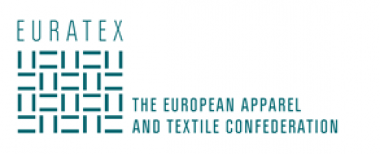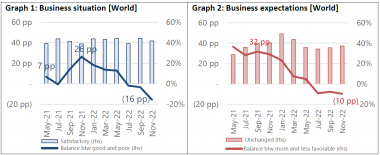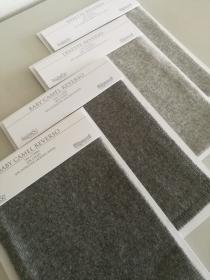EURATEX welcomes approval of PanEuroMed rules of origin
EURATEX welcomes the unanimous vote in support of the new rules of origin under the PEM Convention, as a historic achievement. Facilitating trade and investments in the “PanEuroMed” region (covering 27 EU member states and 24 partner countries in the neighbourhood region)1 is top priority region for the EU, as trade with these countries accounted for €677 billion in 2023. For the EU textile and clothing sector, the region represents 35% of its exports and 21% of its imports.
In 2013 the European Commission adopted a package of proposals aimed at increasing trade between the European Union and neighbouring countries in the Pan-Euro-Mediterranean (PEM) region. The proposal introduced modernised rules of origin of the PEM convention, lifting the prohibition of duty-drawback and introducing the principle of “full cumulation”.
Today, after ten years of intense negotiations which EURATEX supported, the European Commission reached a full and final agreement with all PEM partners. This is a landmark achievement that will unlock the full potential of the Euro-Mediterranean area as the biggest and most integrated region of advanced manufacturing and trading of sustainable textiles and clothing. The rules adopted today will accelerate the integration of T&C supply chains and boost T&C production and trade within the region, both in the East and Southern borders of the EU. In a moment when companies are looking at moving their production from Asia to nearby, like-minded and more reliable countries , it is very timely to have the PEM Convention implemented.
EURATEX’s President, Mr Alberto Paccanelli, commented: “This is a strategic trade deal that can help European companies recover from the multiple crisis which we face since 2020”. He continued “We call on the European Union to not stop here, but keep up the efforts to secure trade deals that are good for European companies and their competitive position in the world. The next objective should be the adoption of the EU-Mercosur Agreement and a conclusive settlement of all trade disputes with the United States”.
According to Director General Dirk Vantyghem, “today’s unanimous vote in favour of the modernised PEM rules is good news for our industry.. We should now engage with these partner countries to fully exploit the potential of these new rules. EURATEX is ready to engage in an industrial dialogue with the companies from the PEM Countries to facilitate their transition to the new framework”.
1 The PanEuroMed contracting parties are: the EU, the EFTA States (Switzerland, Norway, Iceland and Liechtenstein), the Faroe Islands, the participants in the Barcelona Process (Algeria, Egypt, Israel, Jordan, Lebanon, Morocco, the territories of West Bank and Gaza, Syria, Tunisia and Turkey), the participants in the EU's Stabilisation and Association Process (Albania, Bosnia and Herzegovina, the Republic of North Macedonia, Montenegro, Serbia, Kosovo), the Republic of Moldova, Ukraine.
EURATEX

























